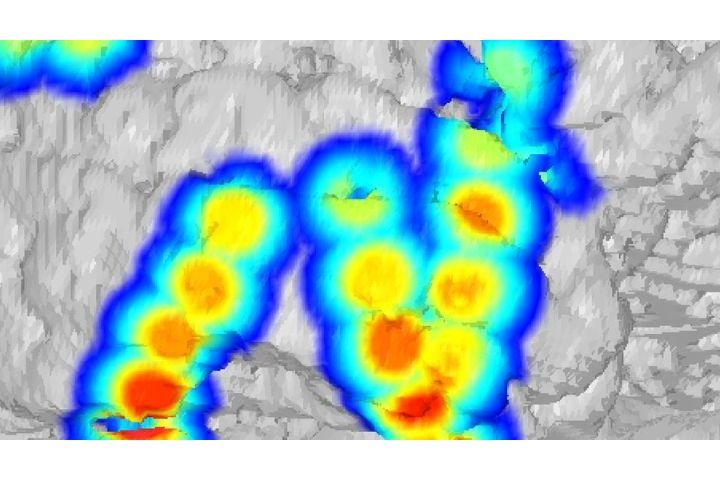
Epilepsy is a disease characterized by a persistent tendency of the brain to generate spontaneous epileptic seizures.There are about 80,000 people with active epilepsy in the Czech Republic. At least 160,000 more people are still being or have been treated with epilepsy during their life, but they did not suffer from seizures for five years or more. Although epilepsy research has been going on for several decades, the cause of the seizure is unknown. From the point of view of the patient, epileptic seizures occur seemingly suddenly and randomly. These two properties are particularly uncomfortable for patients and their loved ones. An inability to reliably determine when the next seizure occurs is a primary reason why patients need to avoid various risky activities. Fear of unexpected seizures is one of the main causes that reduce the quality of life of people with epilepsy.
These changes have the character of so-called critical deceleration, one of the basic natural principles of the transition between dynamic states, which reflects the gradual loss of stability and resilience of the studied system. In the past, critical deceleration and loss of resilience have been shown to precede climate change, animal extinction, stock market collapse, or cardiac arrhythmia or depression. Research by Czech scientists shows that the transition into seizure is accompanied by gradual loss of resistance of an epileptic brain through a critical slowdown.
The article on the new discovery was published in Nature Neuroscience and is available on-line.